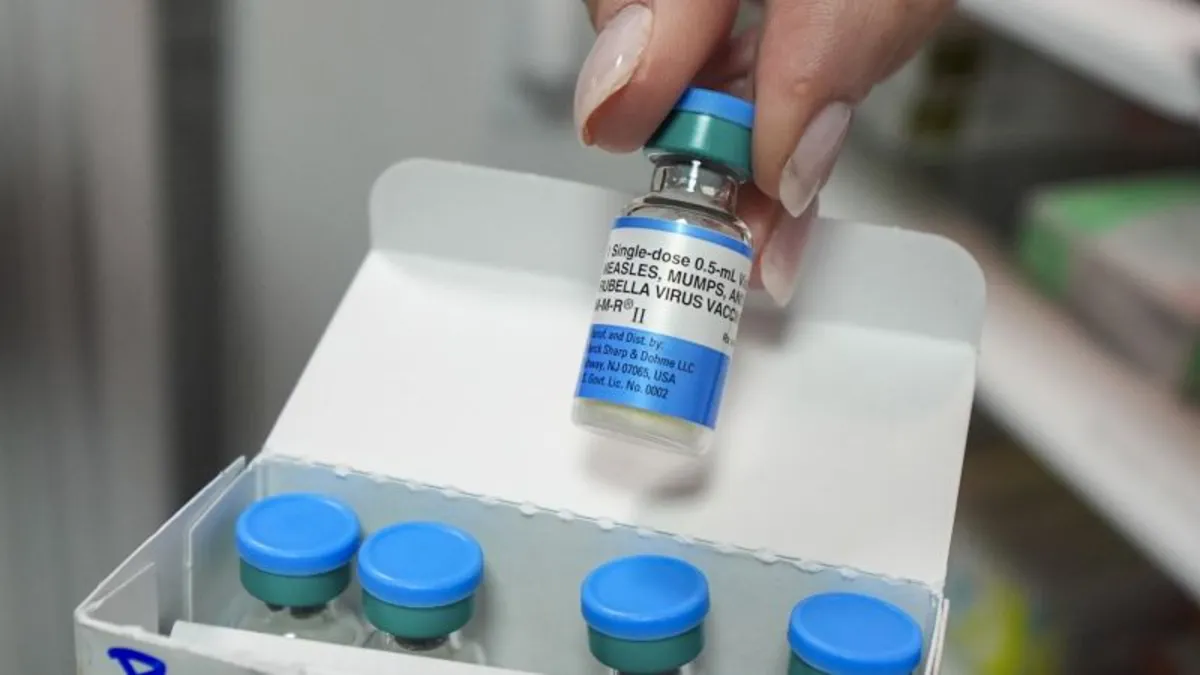
According to a recent report from the World Health Organization (WHO) and the United Nations Children’s Fund (UNICEF), the number of reported measles cases in the European region has dramatically surged, reaching its highest levels since 1997. In 2024, the total cases reached a staggering 127,352, which is double the number reported in the previous year. This alarming increase highlights a critical public health issue that requires immediate attention.
The report indicates that children under the age of 5 accounted for approximately 40% of all measles infections in Europe. This demographic is particularly vulnerable, emphasizing the urgent need for widespread vaccination. Alarmingly, the report also notes that half a million children missed their first dose of the measles vaccine in 2023, further exacerbating the situation. “Measles is back, and it’s a wake-up call. Without high vaccination rates, there is no health security,” stated Dr. Hans P. Kluge, WHO’s regional director for Europe.
The rise in measles cases is attributed to a significant “backsliding in immunization coverage during the pandemic.” Vaccination rates across numerous European countries have not yet returned to pre-COVID levels, increasing the risk of further outbreaks. In 2024, the European region accounted for a third of all global measles cases, emphasizing the severity of the issue and the need for immediate intervention.
The report stresses that immunization coverage in most of the region has fallen below the critical level necessary for herd immunity, which is a vaccination rate of 95% or higher. This is particularly concerning in countries such as Bosnia and Herzegovina, Montenegro, North Macedonia, and Romania, where less than 80% of eligible children were vaccinated against measles in 2023. The findings underscore the message that vaccination remains the “best line of defense against the virus.” A vaccinated individual exposed to measles has at least a 97% chance of not contracting the disease.
In conclusion, the recent surge in measles cases across Europe serves as a critical reminder of the importance of maintaining high vaccination rates to protect public health. As measles outbreaks can have devastating consequences, it is imperative for governments, healthcare providers, and communities to work together to ensure that all children receive their vaccinations on time. Only through collective action can we safeguard the health of our children and prevent future outbreaks.